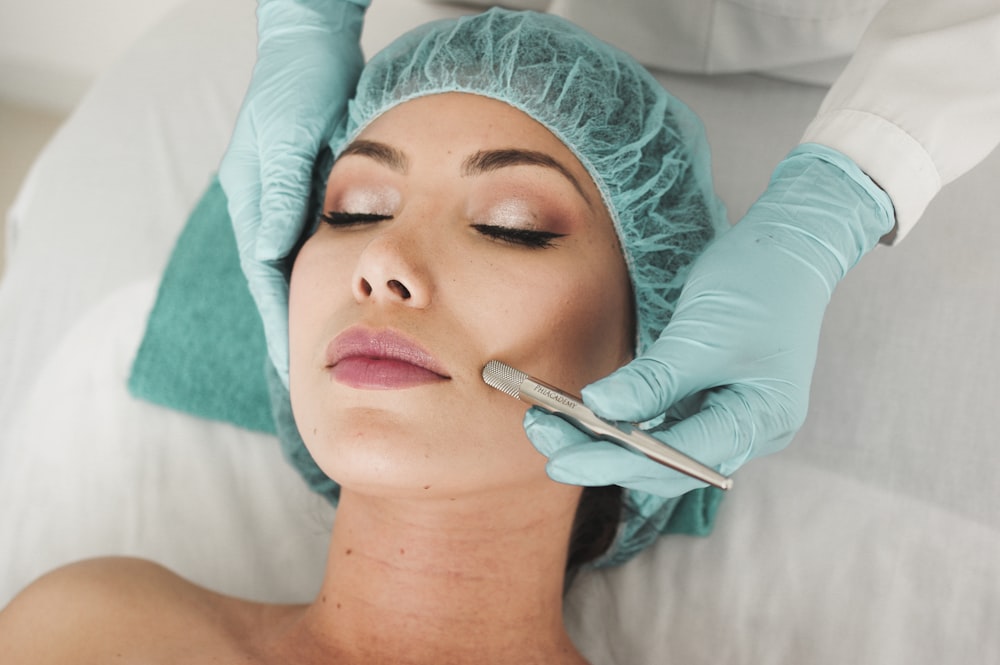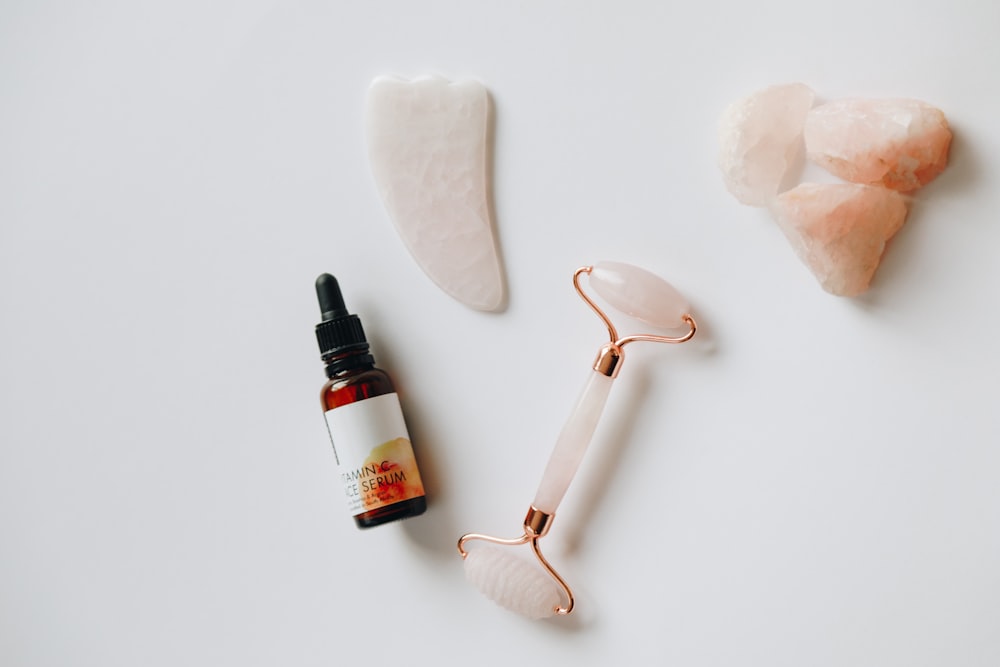Acne scars are the result of inflammation of pimples or acne blemishes. For many people, when they have acne, their pores swell or break down. Some pimples are very small, and the scars created are shallow and therefore heal quickly. However, sometimes more serious acne breakouts result in large acne blemishes or pimples that cause deeper and more visible acne scars. These scars are more likely to occur if you squeeze or pop your pimples, pick at your face when you have acne, or you don’t treat acne as soon as it develops.
If you’re a normal human being, chances are you’ve already battled with a zit or two. You know that these pimples can leave an aftermath of scars. While not as painful or uncomfortable as regular, active acne, acne scars are often unsightly. At times, acne scars may result in textured skin complexion and can negatively impact one’s self-confidence. Thankfully, there are many products you can use to help treat discolouration and scarring, as well as treatments for acne scars. Below are some ways you might be able to get rid of your acne scars:
Soft Fillers for Crater Scars
For scars that form an indentation in the skin, soft fillers like collagen may be injected by your doctor to fill in the area, thus evening out the skin’s texture. This also makes the scar less noticeable. However, the results of this are not permanent and require follow-up procedures.

Dermabrasion for Acne Scars
While often used in instances where there is severe scarring, dermabrasion can help with discoloured scar marks and other deep acne marks. With this procedure, doctors run over the skin with fine needles, inducing collagen flow and skin cell reproduction while also removing the topmost discoloured layer of skin. There are also several OTC microdermabrasion solutions available online, but use under your doctor’s guidance.
Chemical Peels
Chemical peels are great for evening out skin tones. You can opt for a surface OTC peel or a deeper one in your doctor’s clinic. The latter targets deeper layers of the skin because your doctor utilizes a harsher chemical solution to expedite the shedding of the epidermis and dermis for faster skin renewal. This helps reduce the appearance of scars. These peels can be done repeatedly to maintain results.
Laser Treatments
In recent times, laser treatment has been sought out as an alternative to dermabrasion. Laser treatment evens out skin tone for dark acne scars. This leaves acne marks less obvious. Only a licensed dermatologist can perform this procedure.

Home Skin Care Remedies
Acne scars may also be removed by continually maintaining a good skincare routine. Mentioned as a solution to acne, AHA, salicylic acid, vitamin a, lactic acid, and retinoids also help with the appearance of acne marks and scars.
Supplements
Other treatments include taking supplements like glutathione, for detox, skin lightening, and evening out overall skin texture. Another excellent supplement is collagen powder. This is great for crater-like scars that leave indented scars on the skin. Natural remedies may also be taken, like chlorophyll drops, which studies say contain antioxidants that help with skin cell protection and renewal.
Preventing Acne Scars
Rather than trying to use the above strategies to get rid of acne scars, it’s even better to prevent acne scars from happening in the first place. To prevent acne scars:
- Treat acne breakouts as soon as they happen
- Find out through a CircleDNA test if you are genetically prone to acne or acne scars
- Don’t pop or squeeze your pimples
- Don’t pick at your skin when you have acne
- Eat a healthy diet
- Don’t touch your face with dirty hands
- Execute a daily skincare routine, including washing your face in the morning and at night
- Don’t wear makeup if you don’t need to







Comments are closed.